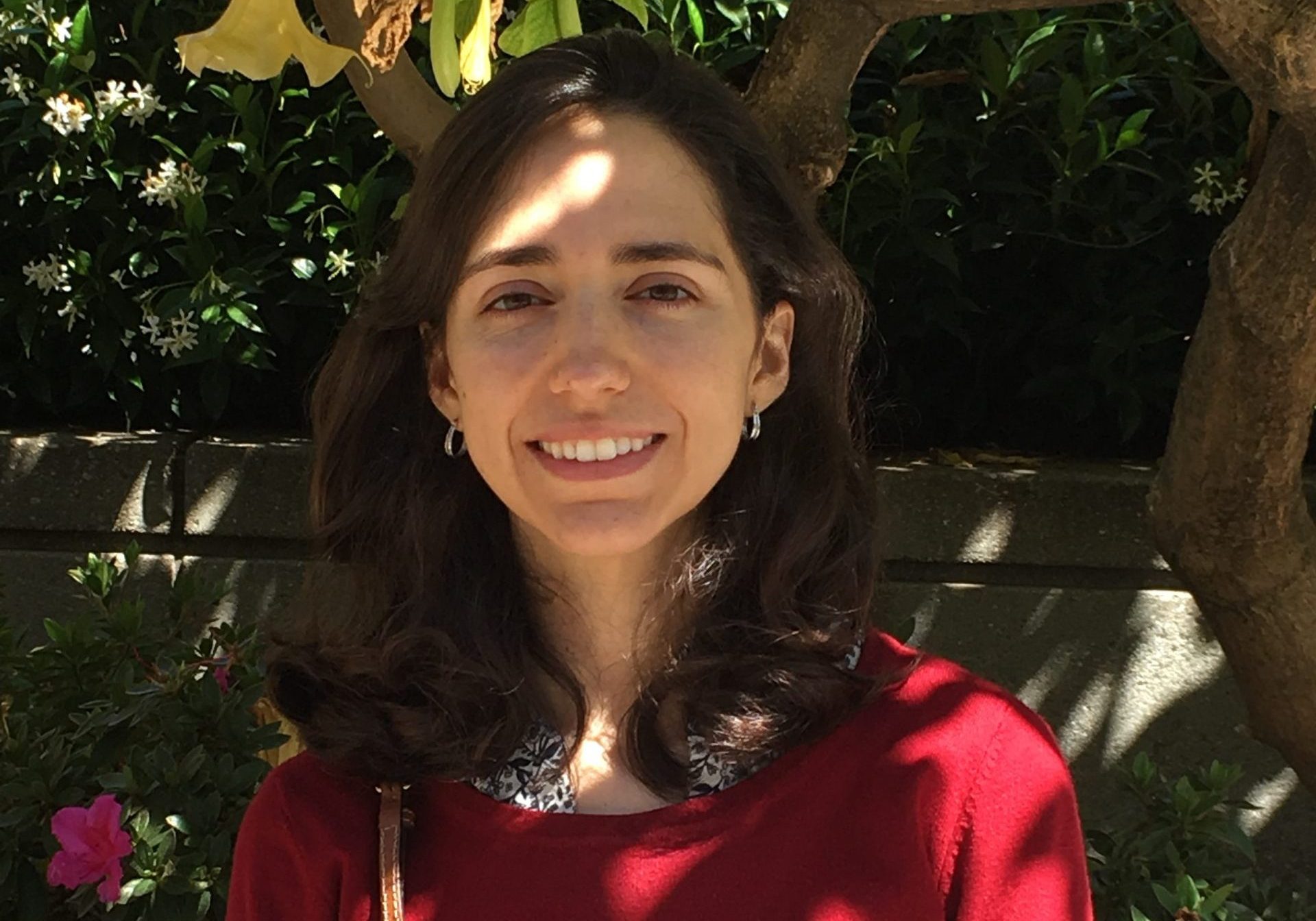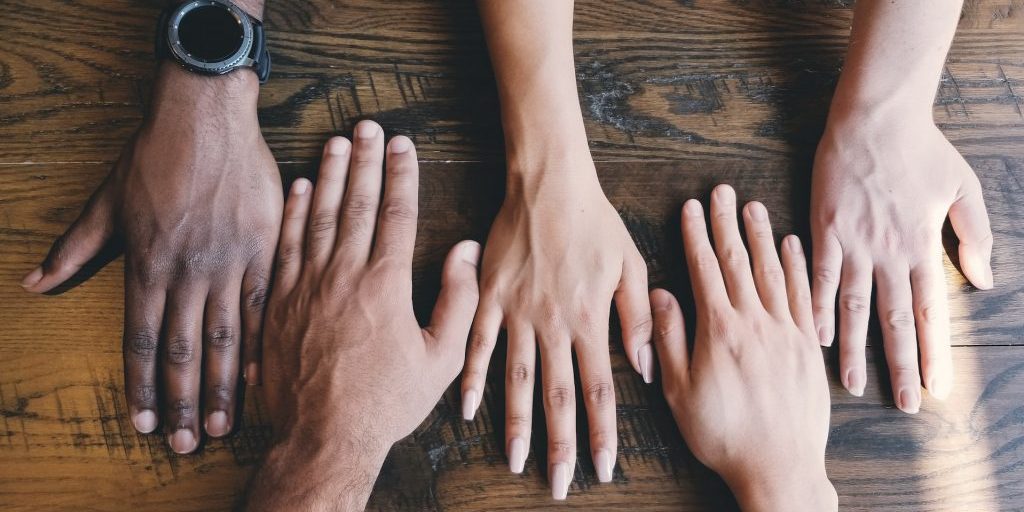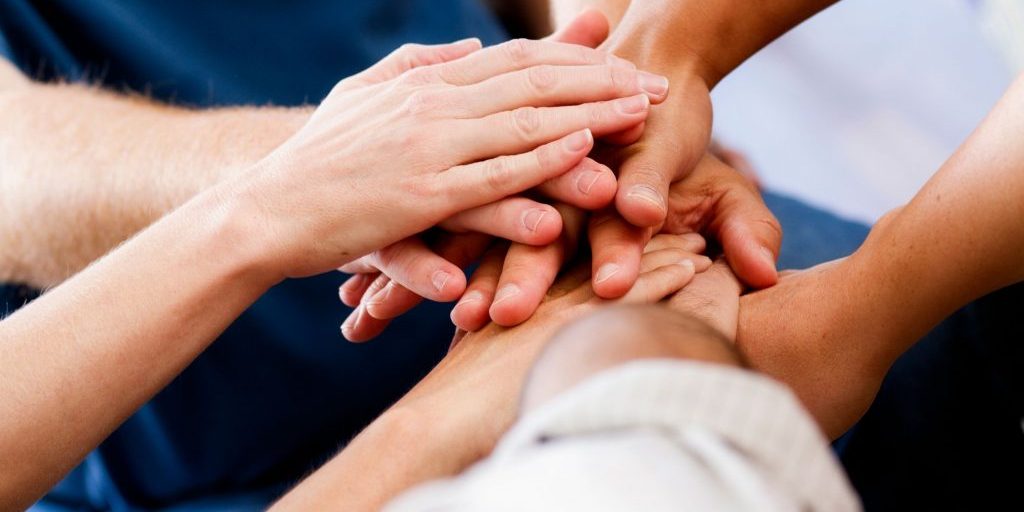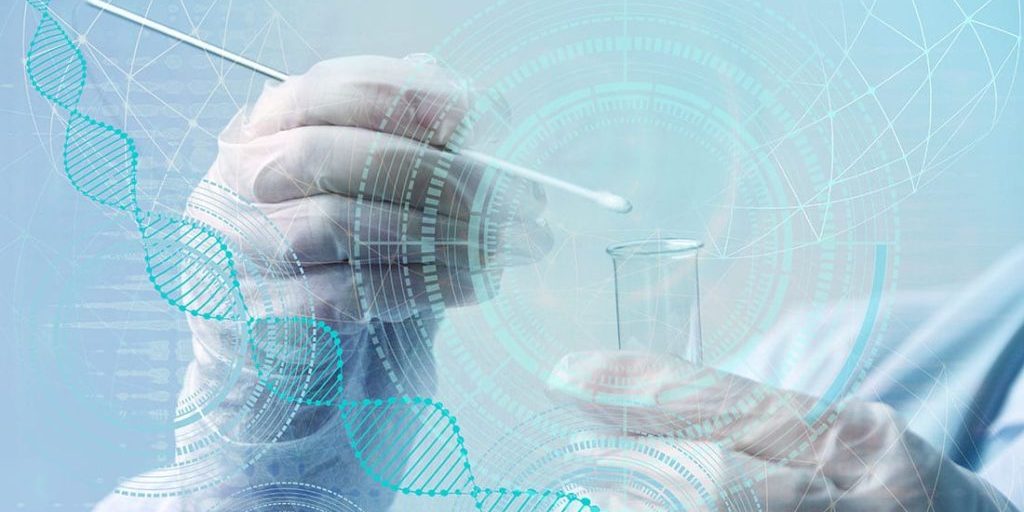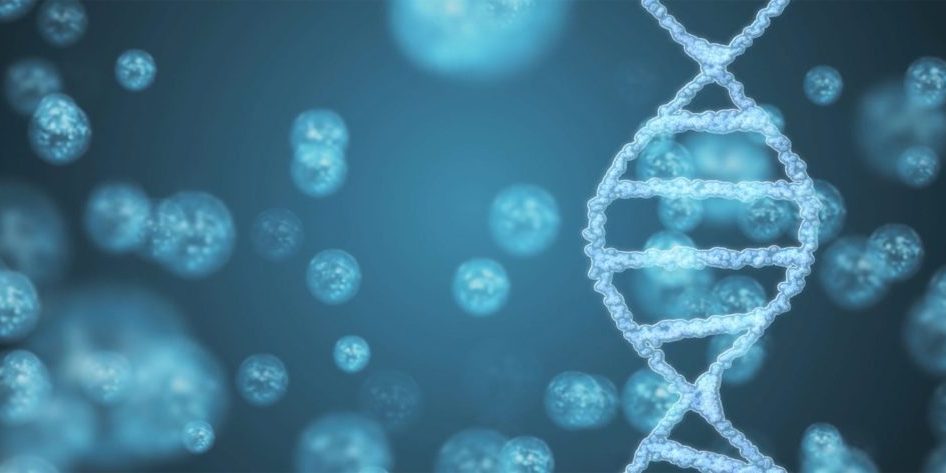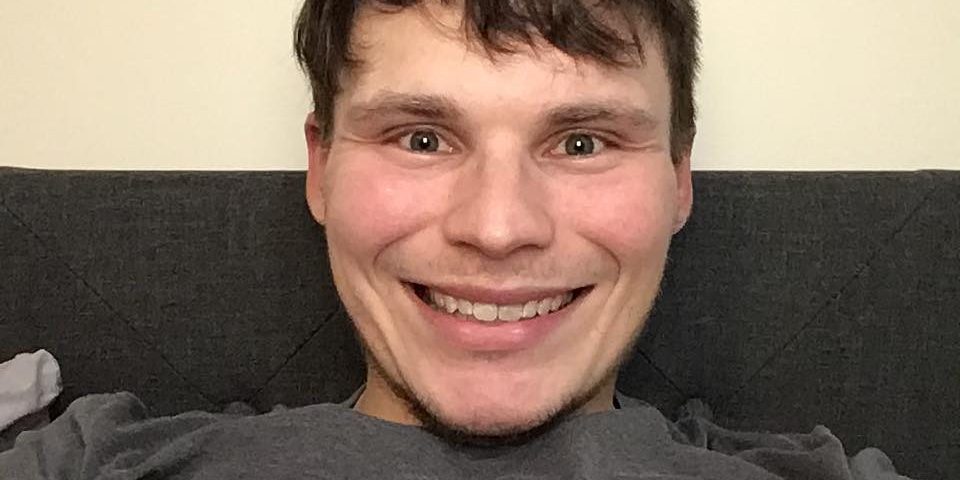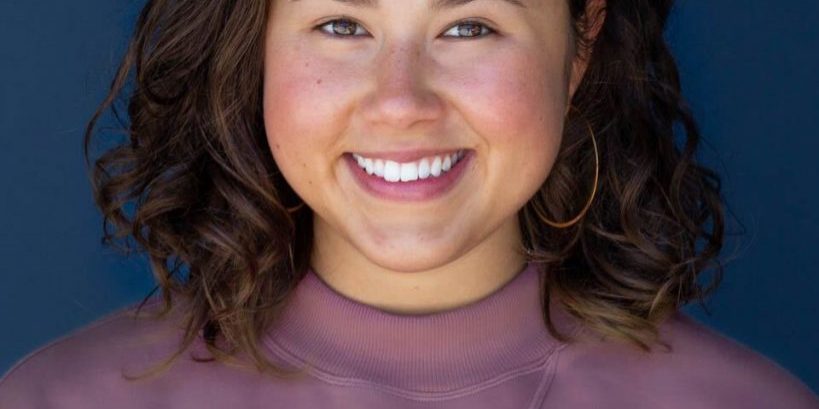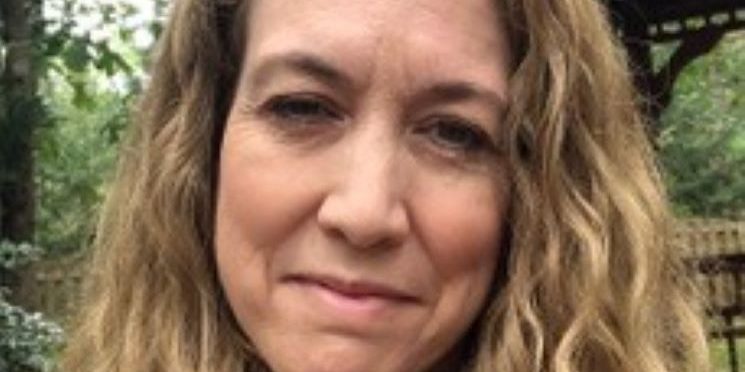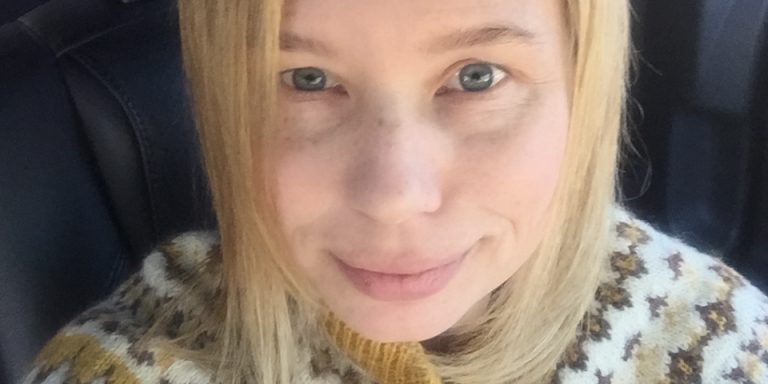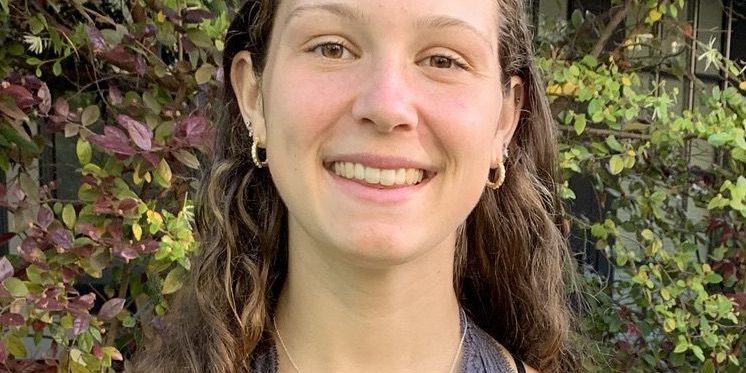Linguistics PhD student who was diagnosed with anorexia nervosa at 12 years of age, CALIFORNIA
Linguistics PhD student, Erika, 30, California was diagnosed with anorexia nervosa at 12 years of age.
During childhood, Erika was a cheerful, spontaneous, and self-confident child, who enjoyed school, exercising and spending time with her family and friends.
In the summer of 2001, just after completing elementary school, Erika embarked on a 15-day-long summer camp abroad. Upon arrival, one of her classmates commented on the fatty food served at the camp and its potential to cause weight gain.
Determined not to gain weight while on camp, Erika chose to limit her dinners. However, after returning home to Guadalajara, Mexico, she was unable to resume her normal eating habits.
She began to engage in severe food restriction and compulsive exercising, and was subsequently diagnosed with anorexia nervosa.
Since then, Erika has sought support for her health from a range of healthcare professionals, including psychologists, psychiatrists, internists, dietitians, and endocrinologists. Throughout this period, she has received both residential and outpatient treatment. Her family’s support has been a key element in her recovery.
Given her first-hand experience with an eating disorder, Erika has chosen to participate in the Eating Disorders Genetics Initiative (EDGI) research study – the world’s largest genetic research study of eating disorders ever performed. The study aims to identify the hundreds of genes that influence a person’s risk of developing anorexia nervosa, bulimia nervosa, and binge-eating disorder, to improve treatment, and ultimately, save lives.
This is Erika’s story.
After completing elementary school in 2001, Erika embarked on a 15-day summer camp near London, England. Upon arrival, one of her classmates made a remark about how the calorie-rich food served at the camp would cause them to gain weight.
“I didn’t want to gain weight, so I decided to restrict my dinner for the duration of the camp.
“My plan was to resume my normal eating habits once I returned home to Mexico. However, something had changed in my mind, and I couldn’t eat normally again,” said Erika.
After two months of restrictive eating and compulsive exercising, Erika was diagnosed with anorexia nervosa by her father, an internist. Almost immediately after her diagnosis, she began visiting a child psychologist for professional support. As her illness worsened, she sought treatment from two eating disorder specialists; a psychiatrist and an endocrinologist. She was eventually admitted to a residential treatment program, where she received psychological, psychiatric, nutritional, and medical treatment. Shortly thereafter, she was hospitalized and fed via a nasogastric tube.
Erika’s health and well-being has fluctuated over many years. She has suffered various relapses, two of them of considerable severity. Although she has made significant progress in her recovery, she still struggles with anorexia nervosa.
“When you start to recover, there’s an inner fight in your head with every meal. On the one hand, you know you have to eat to overcome your anorexia nervosa. On the other hand, there’s a voice in your head telling you not to eat or suggesting that you should engage in compensatory behaviors after your meal.”
“In my case, this voice has grown weaker as I’ve made progress with my recovery. However, it has not completely disappeared.”
Anorexia nervosa has affected all aspects of Erika’s life for almost two decades, including her family and social life, and has compromised both her physical and mental health.
“When I developed anorexia nervosa, I became an anxious, apprehensive, obsessive, and highly perfectionistic person, whose whole life was controlled by food, calories, and exercise.”
In her road toward recovery, Erika has received unconditional support from her family and husband, who she married in 2014.
“My family and husband have taught me how to enjoy food again and have given me renewed motivation to continue my recovery from anorexia nervosa,” Erika said.
Today, Erika is excited to be participating in the EDGI research study, which follows the ground-breaking advances made recently through the collaborative Anorexia Nervosa Genetics Initiative (ANGI), in which UNC researchers and their partners identified both psychiatric and metabolic causes for anorexia nervosa.
“ANGI showed that there was a biological reason for my disease, that I had not chosen to develop anorexia nervosa, and that it was not because I lacked sufficient willpower that I hadn’t been able to mount a complete recovery from my illness.”
“The results of EDGI will hopefully help to remove the many stigma and misconceptions about eating disorders, including that eating disorders are choices, that they are due to vanity, that they are passing phases, and that parents cause eating disorders. More importantly, EDGI may help to improve the treatment for these devastating, life-threatening diseases. These enhanced treatments will save many lives and will improve the quality of life of people who may struggle with an eating disorder in the future,” said Erika.

